THE AFGHAN JOURNAL
GREETINGS FROM THE
PIERRE LACLEDE HONORS
COLLEGE AT THE
UNIVERSITY OF MISSOURIST. LOUIS
Meet the students working with The Afghan Journal...
AFGHAN WOMEN
ENTREPRENEURSHIP GRANT
COMPETITION
Apply now for the Afghan Women Entrepreneurship and receive a $15,000 dollar grant
ISSUE #16
April 2024
IMMIGRATION TO ST. LOUISHEELA MOMAND
Learn about Heela Momand, an Afghan immigrant currently attending the University of MissouriSt. Louis...
فااغ
THE AFGHAN JOURNAL
MISSOURI'S FIRST AFGHAN RESTAURANT
Fahime and Qayum
Mohammad arrived in St. Louis in 1991, currently operating Sameem Afghan Restaurant
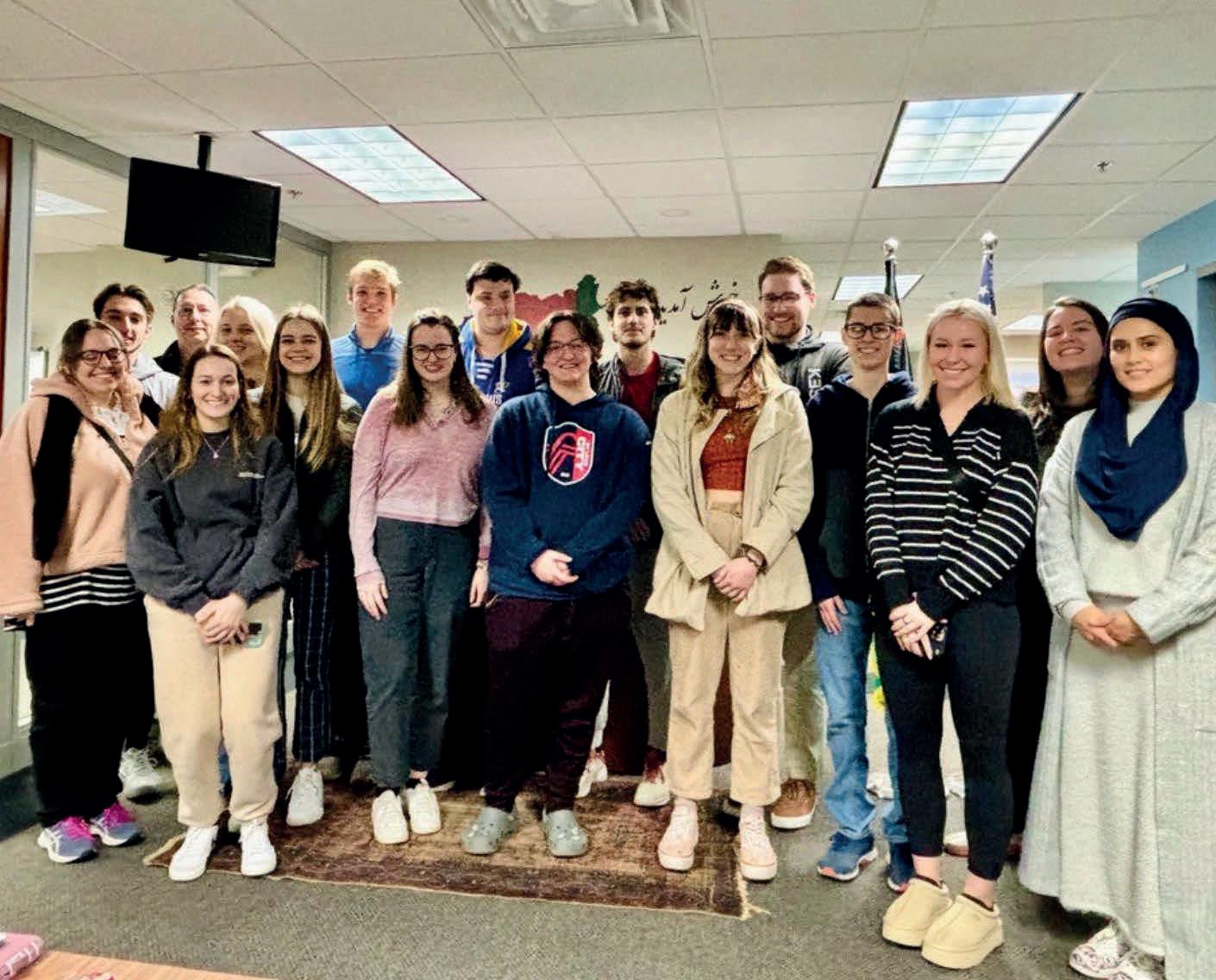
MAKING A DIFFERENCE: UMSL STUDENTS SUPPORTING THE AFGHAN COMMUNITY CENTER
AFGHAN COMMUNITY CENTER SIDIQIM@IISTL.ORG 3611 S. GRAND, SUITE #105 ST. LOUIS

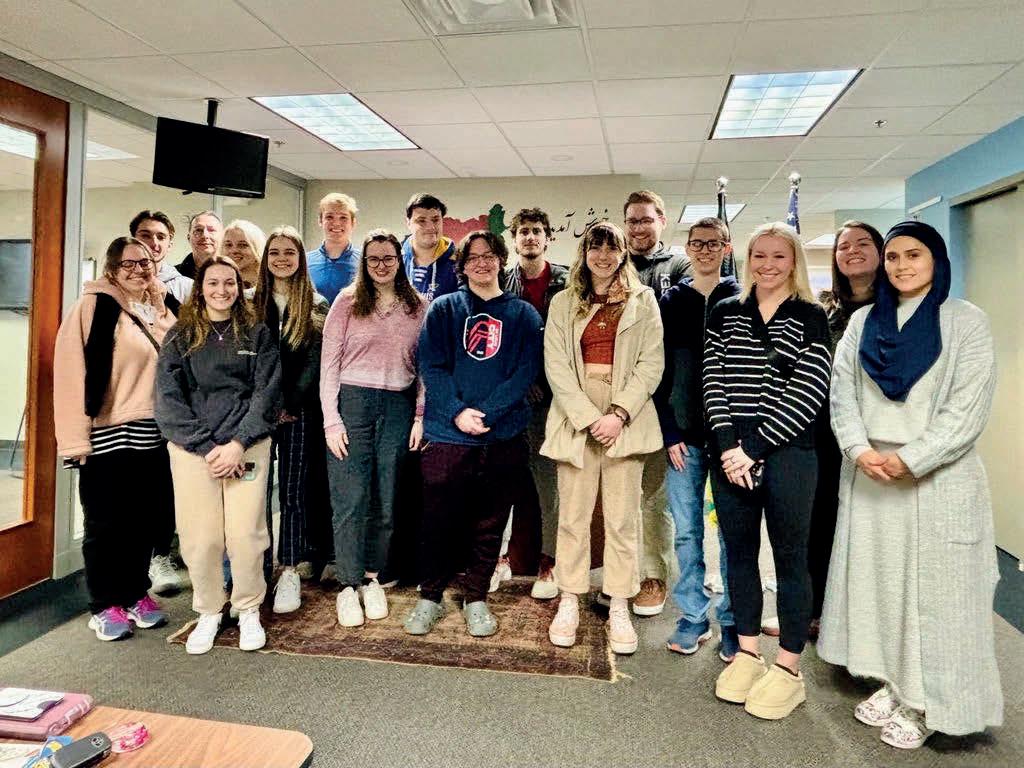
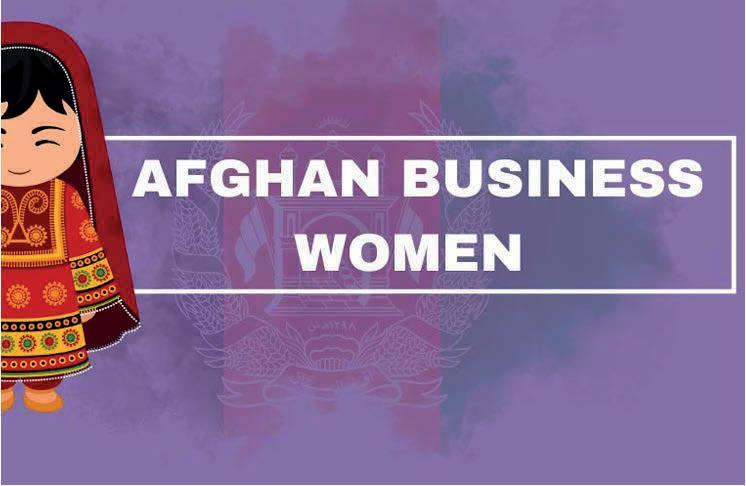
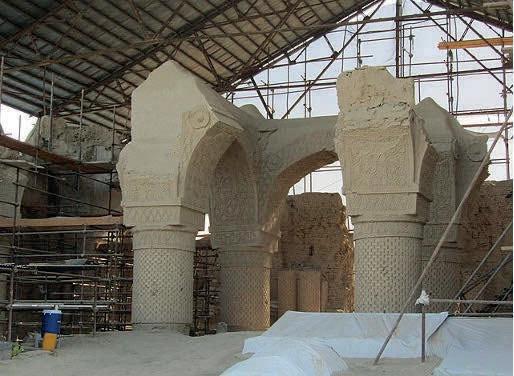
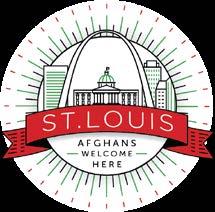

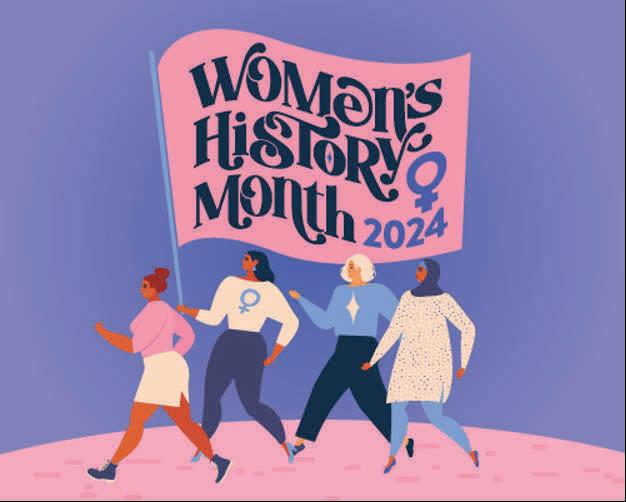
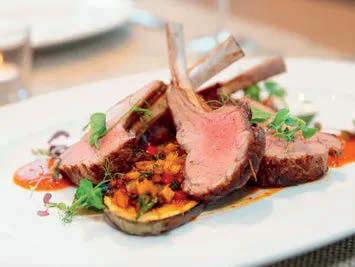
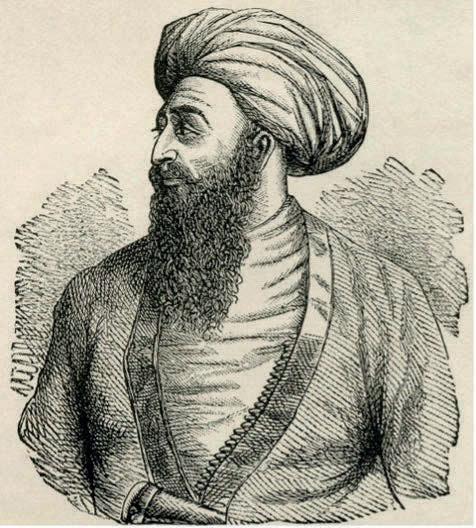
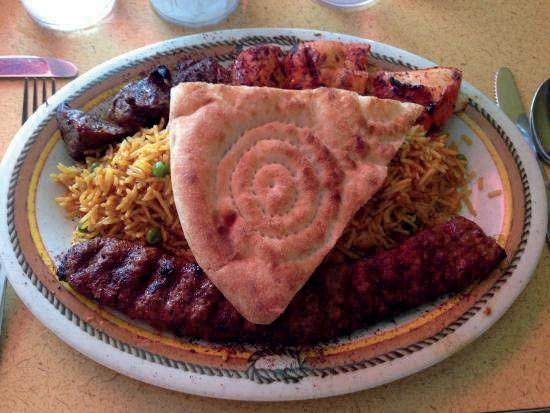
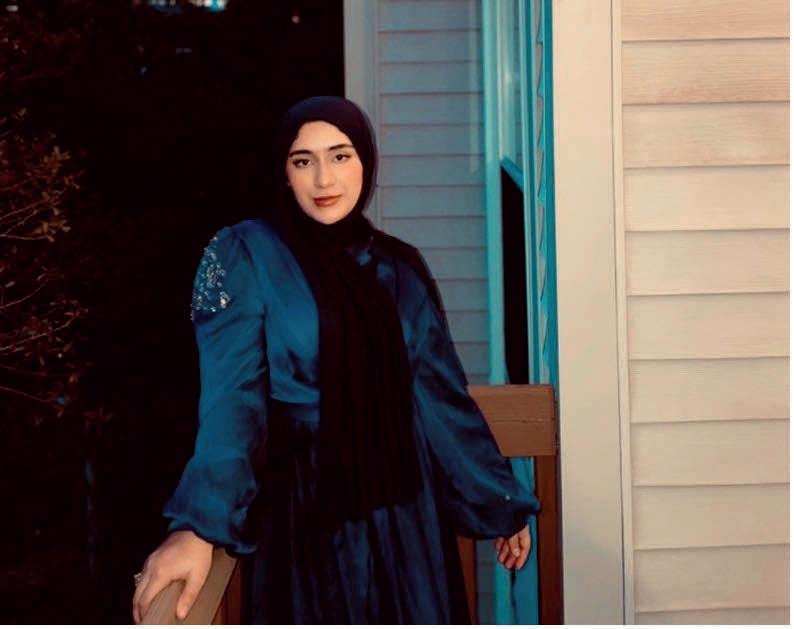

01 THE AFGHAN JOURNAL APR 2024 CAPTURING COUNTLESS TALES IN A SINGLE SNAPSHOT 04 02 03 05 07 06 08 09 11 10

AFGHAN COMMUNITY CENTER
The Afghan Community Center is a vibrant and inclusive space in Saint Louis that serves as a hub for the Afghan community and fosters connections with the broader community.
The Afghan Community Center seeks to develop a center that reflectsthe diverse needs, aspirations, and cultural heritage of the Afghan community in the United States. The ultimate goal is to create a welcoming environment that promotes social integration, empowerment, and mutual understanding.
The Afghan Community Center aspires to create a dynamic and inclusive space that celebrates Afghan culture, fosters social cohesion, and empowers individuals and families to thrive within the St. Louis community.
OUIS
AFGHAN WOMEN ENTREPRENEURSHIP GRANT COMPETITION
BALKH: MOTHER OF CITIES
IMMIGRATION TO ST. LOUIS - HEELA MOMAND
FOCUS ST. LOUIS: WHAT'S RIGHT WITH THE REGION AWARDS
WELCOME NEIGHBOR STL
CELEBRATING WOMENS HISTORY MONTH IN ST.
LOUIS: HONORING AFGHAN WOMEN AND ENTREPRENEURS
CIVIL WARS: A COMPARISON OF AFGHANISTAN
AND ST. LOUIS 1860-1869
HISTORY OF ST. LOUIS IMMIGRANTS
AN UP AND COMING STAPLE OF ST. LOUIS' AFGHAN CUISINE
MISSOURI'S FIRST AFGHAN RESTAURANT
01 02 03 04 05 06 07 10
AFGHAN JOURNAL APR 2024 08 09 11 GREETINGS FROM THE PIERRE LACLEDE HONORS COLLEGE AT THE UNIVERSITY OF MISSOURI - S
L
CONTENTS THE
T.
Hello!
GREETINGS FROM THE PIERRE LACLEDE HONORS COLLEGE AT THE UNIVERSITY OF MISSOURI - ST. LOUIS
This issue of the Afghan Journal is brought to you by students from “Beyond the Buildings”, a PierreLaclede Honors College history course at the University of Missouri-St. Louis. For the past few months, we have been collaborating with the Afghan Community Center and the Afghan Chamber of Commerce on a variety of projects aimed to serve Afghans in St. Louis. We have been incredibly honored with the opportunity to learn about Afghan culture and to hear the stories of community members, and we hope that the projects we are creating will serve Afghan St. Louisans well

First, we wanted to support the work of local Afghan entrepreneurs. We spent time visiting and speaking with several business owners and are currently creating a promotional pamphlet highlighting local-Afghan owned businesses. These include restaurants, cosmeticians, car dealerships, and markets from all over the St. Louis area. Through this pamphlet, we hope to assist the Afghan Chamber of Commerce in their mission to “welcome, enable, and support Afghan entrepreneurs and businesses in the St. Louis Region and nationally”. This pamphlet will also be accompanied by a walking tour, providing the reader an immersive introduction to Afghan businesses around the vibrant South Grand district
Secondly, we are creating a resource pamphlet that includes medical care, financial assistance, English classes, employment programs, housing resources, culturally informed mental health services, and much more. It is a concise list of high-impact organizations, many of which have dedicated programs for Afghans and new arrivals
Artists on our team also designed a multimedia artwork for the Afghan Community Center, utilizing painting, fabric work and collage techniques on canvas. We aim to reflect the Afghan Community Center’s work in cultural preservation and community support, as well as to contribute to its welcoming environment

Additionally, we have also spent time interviewing multiple community members in an oral history project. Portions of these interviews will be available in an exhibit on the Missouri Digital Humanities site, as well as in an academic historic archive. In doing so, we seek to preserve the history and stories of Afghan St. Louisans for years to come.
Finally, we have written this issue of the Afghan Journal. Inside, we have included some of our insights on St. Louis, fascinating stories from Afghanistan’s rich history, and standout Afghan businesses, as well as news and opportunities for Afghan St. Louisans. We have enjoyed working with the incredible members of this community, and hope that you enjoy this guest issue.
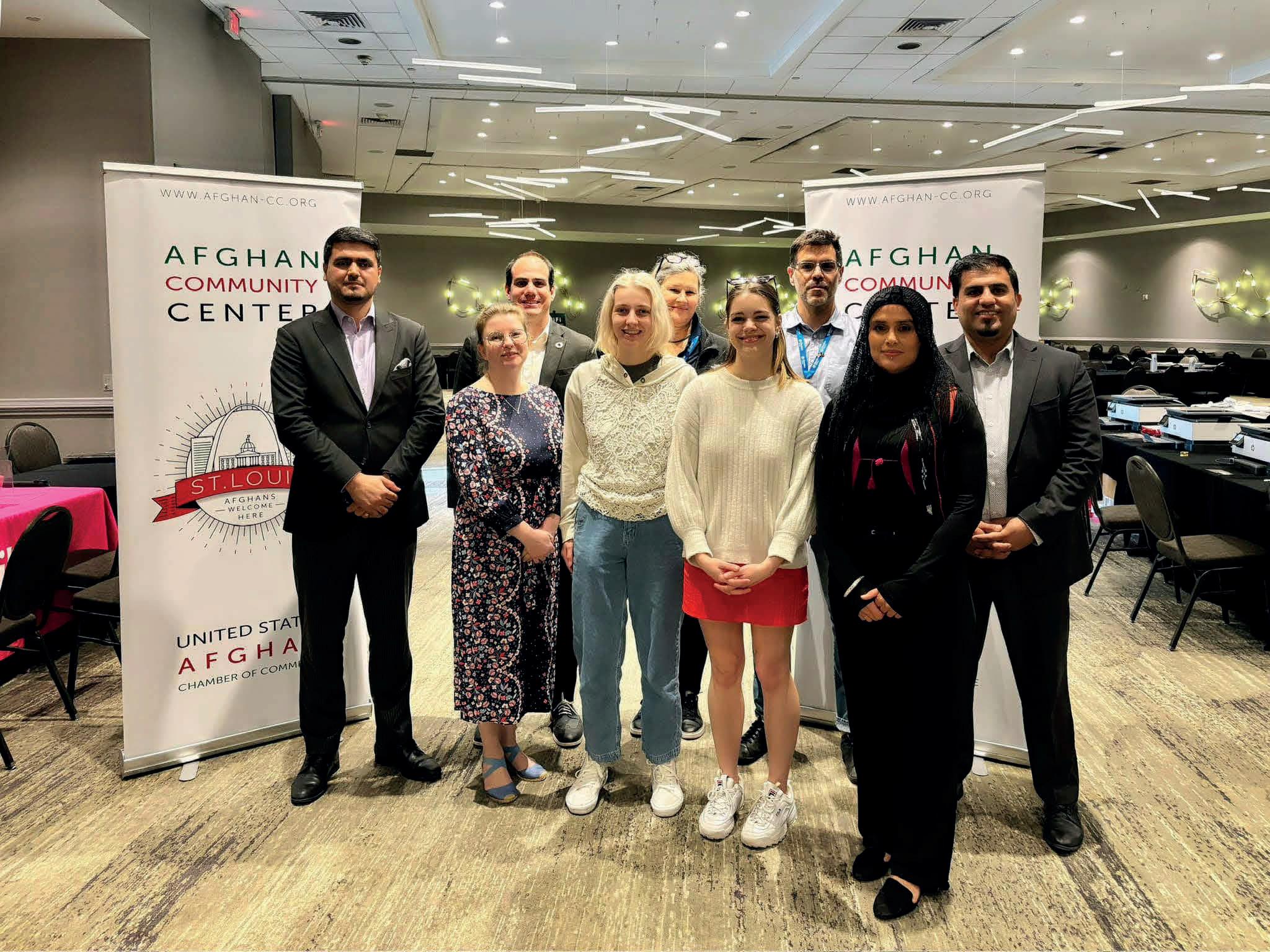
Sincerely,
Ashley Maempa
Skylar Baxter
Nick Black
Mason Clynes
Vince Costa
Lauren Graf
Liv Klein
Tyler Winter
PAGE 1 BUILDING BRIDGES APR 2024
AFGHAN WOMEN ENTREPRENEURSHIP GRANT COMPETITION

In a world often shadowed by adversity, there emerges a beacon of hope, illuminating the path for Afghan women to realize their entrepreneurial dreams. The Afghan Entrepreneurship Grant Competition, now in its fourth round, stands as a testament to the unwavering commitment towards empowering Afghan women refugees. This round promises not only financial support but also a platform for their voices to be heard and their talents to be recognized.
What sets Round 4 apart is the composition of the judging panel. An all-women panel signifies more than just a change in dynamics; it represents a deliberate effort to create a nurturing and supportive environment, where Afghan women can confidently showcase their innovative ideas and entrepreneurial spirit. This initiative is not just about distributing grants; it's about fostering a community of support and encouragement.
With each grant valued at $15,000, Round 4 aims to distribute the remaining five grants to deserving women entrepreneurs. The impact of these grants extends far beyond monetary value; they serve as catalysts for growth, enabling recipients to turn their aspirations into tangible realities. Through the first three rounds, a total of five grants have already been successfully distributed, igniting the flames of entrepreneurship within the Afghan women community.
The application deadline, set at the end of March, beckons aspiring entrepreneurs to seize this opportunity. The journey doesn't end with the submission of applications; finalists will have the chance to present their business proposals on April 24th. This platform not only allows them to showcase their ideas but also provides invaluable
experience in pitching and networking.
The culmination of this journey will be the award ceremony on May 10th, a celebration of resilience,
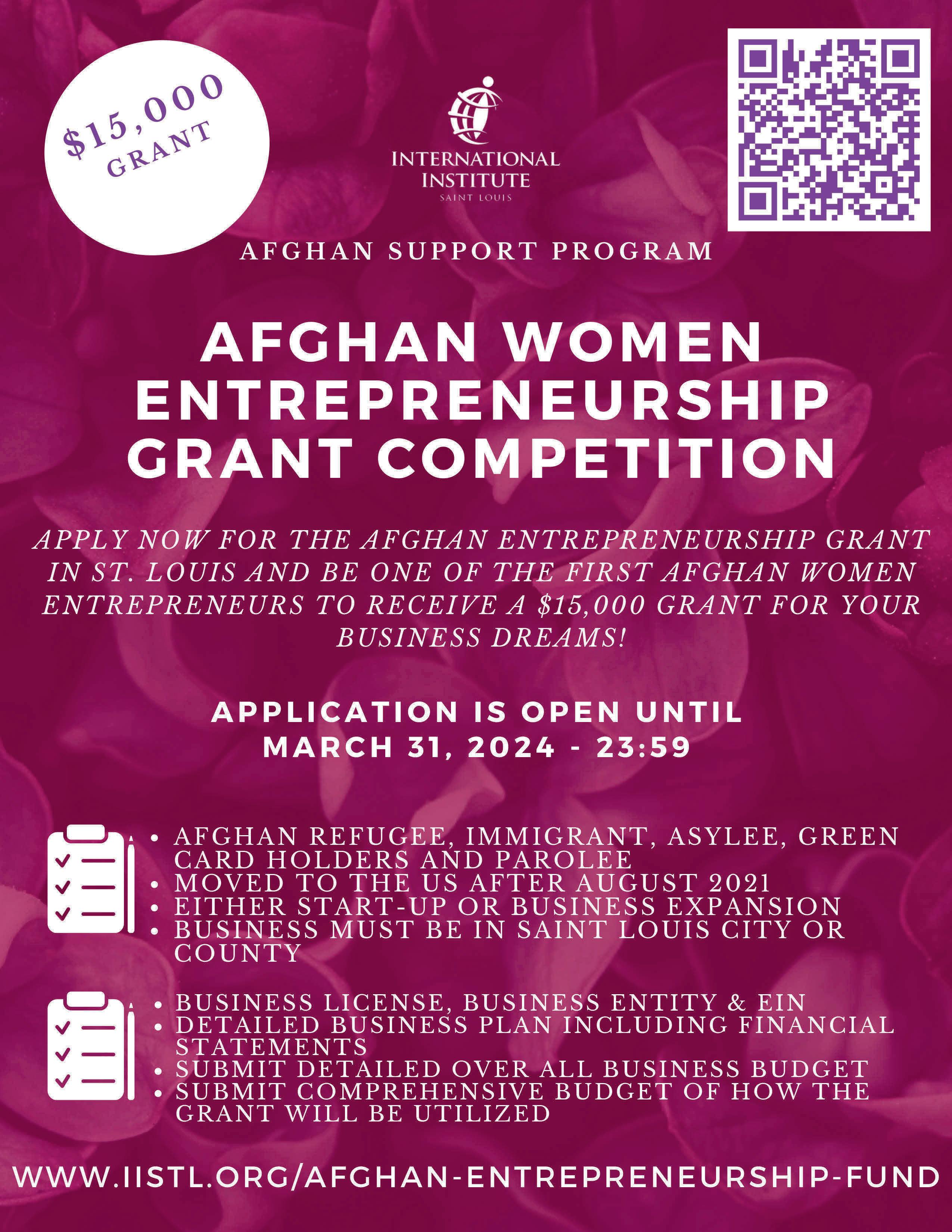
determination, and achievement. Located at the Afghan Community Center in St. Louis, Missouri, this event promises to be a gathering of likeminded individuals dedicated to uplifting Afghan women entrepreneurs.
Beyond the financial support, it represents a beacon of hope, a symbol of empowerment, and a testament to the indomitable spirit of Afghan women.
As the deadline approaches, we urge all eligible Afghan women entrepreneurs to seize this opportunity. Your ideas, your passion, and your dreams deserve to be recognized and supported.
Vince Costa University of Missouri - St. Louis
PAGE 2 SAINT LOUIS BUSINESS APR 2024
BALKH: MOTHER OF CITIES
In the far north of Afghanistan lies one of the ancient world’s most fascinating and cosmopolitan cities. Balkh, situated south of the Uzbek border and the Amu Darya river, was once a crucial outpost on the Silk Road. Known as the city of Bactra for much of its history, it witnessed various conquests and fell under the political control of the Persian Achaemenid empire, Alexander the Great, the Mughal Empire, the Abbasid Caliphate, Genghis Khan, and the Safavids. This ancient city represents the remarkable diversity of cultural influences present in Afghanistan
Throughout its ancient history, Balkh was a locus of political power and religious significance. It is believed to possibly contain several unexcavated sites of the Persian Achaemenid empire, dating back nearly 2500 years. During Alexander the Great’s conquest of Central Asia, Balkh served as his military headquarters. Balkh also features in ancient Zoroastrian sources, with some scholars identifying the ancient city as the birthplace or the teaching site of the prophet Zoroaster. Later, its alliance with the Indian Mauryan Empire and its position on the Silk Road brought Buddhism to the region. Balkh became a hub for prominent Buddhist monasteries, as well as a site of cultural exchange between Persia, Greece, India, and China.
When Umayyad Islamic forces arrived at the end of the 7th century, they faced difficulties in maintaining control of Balkh. The following centuries saw Balkh changing hands among various Persian, Turkic, and Arab rulers. Nevertheless, under the Abbasid and Samanid Caliphates, the city prospered from its Silk Road trade and became known as Umm-al-belad, or ‘mother of cities’. It remained a site of religious diversity and produced several renowned poets and scholars. Muqatil ibn Sulaman, who authored the earliest surviving Quranic commentary, hailed from Balkh.

Among the many historic treasures of Balkh is Haji Piyada (Noh Gonbad), the oldest known mosque in Afghanistan. Carbon dating indicates it could have been built as early as 794, shortly after the arrival of Islam. No other similar structures are believed to survive from this period. It is also the burial site of Hadji Piyada, a 15th century Sufi saint.
Another important figure is the 10th century poet Rabia-al Balkh, who is the first known female poet to have written in Persian. Balkh’s period of prosperity was disrupted with Genghis Khan’s 1221 CE invasion, and it took nearly two centuries for it to recover some of its former status under Timurid rule. To this day, remnants of the ancient civilizations and empires that vied for dominance are visible in Balkh. Its ancient streets echo with the voices of poets and scholars, bearing witness to the timeless spirit of resilience and creativity that has defined Afghanistan for millennia. In Balkh, the past and present converge, offering a glimpse into the enduring heart of Afghan culture and civilization.
Ashley Maempa University of Missouri - St. Louis
PAGE 3 EXPLORE AFGHANISTAN APR 2024
TO ST. LOUIS - HEELA MOMAND
Heela Momand immigrated to the United States in 2016 from Afghanistan. The University of MissouriSt. Louis recently interviewed her to tell her story and share her experiences of immigrating to St. Louis from Afghanistan.

Heela Momand is a current student at the University of Missouri-St. Louis pursuing a degree in psychology with ambitions to have a career in clinical psychology helping both children and refugees. From a young age Heela wanted to be a teacher and recalls fond memories of teaching her younger siblings. This has continued into her adulthood as she is passionate about her own education as well as others. At the University of Missouri-St. Louis Heela is a part of the Triton Health Educators which is a student led program of outreach and activities to spread awareness of the dangers of risky behaviors and preventative measures. She is also involved in the Muslim Student Association and the Opportunity Scholars Program.
Heela shared her experience of her and her family uprooting and immigrating to the United States in 2016. The immigration process was lengthy and there were many unknowns that her family had to navigate. When Heela and her family first arrived in the United States they were located in Chicago Illinois, but subsequently were relocated to St. Louis Missouri. Immigration produced many difficulties including language barriers, cultural differences, questions about identity, and belonging. Shortly after arriving Heela began High School in the 9th grade having to navigate the language barrier and making connections with students and teachers.
Despite the hardship of immigrating to a new country and leaving behind her home and many family members, Heela has been able to find a sense of community in St. Louis specifically at the University of Missouri-St. Louis. Her engagement with fellow students and faculty at the University of Missouri-St. Louis has given her a diverse community to be apart of.
One of Heela’s favorite things to do is explore the many local coffee shops St. Louis has to offer. One of her favorites is Einstein Bros Bagels and there happens to be one on the University of Missouri-St. Louis campus. She also enjoys the Central West End, the Washington University campus, and the Delmar Loop. She loves the ability to do things like go to shops and try a variety of different restaurants. Some of her other favorite thing to do are get out in nature and go on walks in the different parks in St. Louis. Heela finds fulfillment in connecting with people, reading books, and writing poetry. In the future she intends to publish her own collection of poetry.

One thing Heela misses from her home country besides family and her best friend is the hospitality and warmth of her community. Despite this, Heela says she is grateful for her experiences including immigration as they made her into the strong, brave, and caring individual she is today.
Heela highlights the importance of hearing Afghan immigrants’ stories to empower others. She encourages more individuals to listen to many different people’s stories and experiences. She explains the importance of connecting with people and responding to all people with open arms. Heela’s biggest passion is serving and helping others she plans to do so through her career in clinical psychology and all areas of her life. By sharing her story, she is empowering and inspiring other immigrants and other young girls all over to care and help others as well as pursue an education
Nick Black & Lauren Graf University of Missouri - St. Louis
PAGE 4 PROFILES APR 2024
IMMIGRATION
FOCUS ST. LOUIS: WHAT'S RIGHT WITH THE REGION AWARDS

Focus St. Louis is a program designed to empower and uplift diverse leaders in civic awareness and connections to become changemakers and make advancements for the St. Louis region. Focus St. Louis aims to educate community leaders and business leaders to challenge systems and support our region for increased engagement and growth of St. Louis. Additionally, they are continuously building a network of leaders to engage and uplift one another. Focus St. Louis brings communities and leaders together to facilitate important conversations vital to uplifting individuals and the St. Louis community. Focus St. Louis hosts many policy forums, community discussions, and educational events. Focus St. Louis is dedicated to uplifting and empowering individuals as well as making St. Louis a better place to work, play, and live. Their core values are quality leadership, civic engagement, community collaboration, equity, and regional perspective.
Focus St. Louis hosts an annual ceremony recognizing initiatives that made a positive difference in the St. Louis region the previous year called What’s Right with the Region Awards. The award event celebrates individuals, organizations, and many initiatives that created impactful changes. The What’s Right with the Region Awards has been an event hosted by Focus St. Louis for 26 years with more than 500 recipients of the award
The 27th annual What’s Right with the Region Awards is coming up on May 9th, 2024. The event will be held at the Sheldon Concert Hall and Art Galleries in St. Louis. Everyone in the St. Louis community is encouraged to attend and celebrate the
the amazing recipients and initiatives that positively impacted St. Louis. Additionally, the event is a great way to network and connect with other engaged community members and leaders. Ticket purchases to the event are open now on the website. Ticket purchases help to further support the mission of Focus St. Louis such as educating and connecting leaders and facilitating important conversations.
If you would like to further get involved with Focus St. Louis click here for the website and contact information. Focus St. Louis is a great organization for community members of St. Louis and particularly business owners dedicated to improving and advancing St. Louis.
 Lauren Graf University of Missouri - St. Louis
Lauren Graf University of Missouri - St. Louis
PAGE 5 LOCAL PROGRAMS APR 2024


Welcome Neighbor STL is an organization dedicated to helping refugees in the St. Louis area. Beginning in 2016, the organization’s original mission sought to help Syrian refugees, but has since grown into a multifaceted organization helping refugees from 11 different countries and counting. Their services have significantly evolved since inception; from a toiletry drive for newly arriving refugee families, to organizing dinners and catering events, giving driving lessons, and hosting citizenship classes, to name a few.
Their fundraisers have raised nearly $90,000 and supported various causes. Some include funding the purchase of a van for an Afghan family of 12, raising school supplies money for Afghan children, or helping recently arriving Ukrainian families. These fundraisers – and ones similar –are instrumental in helping refugees navigate the immigration process.
Other events hosted by Welcome Neighbor St. Louis focus on cultural appreciation and community integration. One way in which this is achieved is through their Supper Club events. These events seek to support refugees through the sharing of their cooking skills. At these events, new refugee neighbors prepare
traditional meals from their home country and share their story and experiences in the process. Supper Club uses meals as a means through which the community gains exposure to the diverse culture of refugees in St. Louis. Additionally, it is a great way for fostering relationships between refugees and the community at large, as well as appreciation for the culture they bring to the St. Louis area. In this case, the culture is shared in the form of food and their stories. Moreover, the proceeds from the Supper Club events directly benefit the refugee cooks, thereby contributing to their financial stability in the process. At the time of writing, catering and Supper Club events has had 168 events and raised roughly $263,000 and represented 11 countries in the process.
Welcome Neighbor STL offers an abundance of other aid and services not explicitly mentioned above. These include family partnering, support for mothers, and cooking classes. Welcome Neighbor STL started as a small initiative but has since grown into a multifaceted organization with an immeasurable impact. If you would like to get involved or contact Welcome Neighbor STL you can reach them via their website
WELCOME NEIGHBOR STL PAGE 6 LOCAL ORGANIZATIONS APR 2024
Nick Black University of Missouri - St. Louis
CELEBRATING WOMENS HISTORY MONTH IN ST. LOUIS: HONORING AFGHAN WOMEN AND ENTREPRENEURS
March marks Women's History Month, a time to reflect on the remarkable achievements, struggles, and contributions of women throughout history. In St. Louis, this observance takes on a special significance as the city embraces diversity and celebrates the accomplishments of women from all walks of life. This year, amid the global spotlight on Afghanistan, the focus turns to honoring Afghan women and their resilience, alongside acknowledging the thriving community of Afghan women entrepreneurs in St. Louis.
The plight of Afghan women has gained international attention in recent years, particularly following the Taliban's resurgence in Afghanistan. Despite facing immense challenges and obstacles, Afghan women continue to defy odds, demonstrating unwavering courage and resilience. In St. Louis, organizations and individuals are coming together to support Afghan women refugees, providing them with essential resources, education, and opportunities for empowerment.
Throughout Women's History Month, St. Louis hosts a myriad of events that highlight the accomplishments and struggles of women, both globally and locally. From panel discussions and film screenings to art exhibitions and workshops, there are numerous opportunities for the community to come together and learn from the experiences of women from diverse backgrounds. This year, several events in St. Louis focus specifically on raising awareness about the situation of Afghan women, fostering dialogue, and promoting solidarity.
One such event is the "Voices of Afghan Women" panel discussion organized by local women's advocacy groups. The panel features Afghan women leaders sharing their stories of resilience, activism, and hope. Through this event, attendees gain insight into the challenges faced by Afghan women and explore ways to support their empowerment and rights.
Moreover, the vibrant Afghan community in St. Louis is home to many inspiring women
entrepreneurs who are making significant contributions to the local economy and society. From restaurants and bakeries to fashion boutiques and beauty salons, Afghan women entrepreneurs are carving out their niche and enriching the cultural tapestry of St. Louis. Their entrepreneurial spirit, creativity, and determination serve as a testament to the resilience and strength of Afghan women.

In addition to business ventures, Afghan women entrepreneurs in St. Louis are actively engaged in community-building and philanthropic endeavors. Many contribute to local charities, mentorship programs, and initiatives aimed at empowering women and girls, both in St. Louis and beyond.
As we celebrate Women's History Month in St. Louis, let us not only honor the achievements of Afghan women but also recognize the resilience, strength, and diversity of all women in our community. Through solidarity, support, and empowerment, we can continue to create a more inclusive and equitable society where every woman has the opportunity to thrive and fulfill her potential.
PAGE 7 HONORING AFGHAN WOMEN APR 2024
Liv Klein University of Missouri - St. Louis
CIVIL WARS: A COMPARISON OF AFGHANISTAN AND ST. LOUIS 1860-1869
Since August of 2021, there has been a notable influx of Afghan immigrants in the city of St. Louis, Missouri. As the local residents welcome their new neighbors, it would be appropriate to reflect on the similarities that St. Louisans and Afghans have in common.
One commonality between the two demographics is the civil wars that took place in St. Louis and Afghanistan in the 1860s. The American Civil War lasted from April 12, 1861 – April 9, 1865. The Afghanistan Civil War began on June 9, 1863, and ended in January 1869. St. Louis held a unique position in the American Civil War because of Missouri’s status as a Border State. There had been tension brewing in St. Louis and across the nation before the war broke out about the abolition of slavery. Missouri did not secede from the Union because of the influence of the citizens, many of them immigrants, in St. Louis.
During the second year of the American Civil War, Afghanistan was approaching its own civil war. The beginning of this conflict began with the death of Dost Mohammad Khan. Also known as Amir-I Kabir, this prominent ruler of Afghanistan was the founder of the Barakzai dynasty. Amir-I Kabir was amid a victory against his nephew, Ahmad Khan, over the city of Farah when he died suddenly. His death sparked the Afghan Civil War. At the news of their father’s death, Amir-I Kabir’s sons set out for Kabul to fight for control of their father’s position as Emir. It was Amir-I Kabir’s son Sher ‘Ali Khan who reached Kabul first and was declared Emir. His half-brothers, Mohammad Afzal Khan and Mohammad A’zam Khan, conspired against the new Emir. Once Sher ‘Ali Khan got word of this scheme he marched north to declare war on both of them. What ensued was a six-yearlong battle over the inheritance of Dost Mohammad Khan’s position as Emir and the land that came with it between his sons and their descendants.
Citizens of St. Louis may have been ignorant of the situation in Afghanistan that mirrored their reality at the time. It is much more difficult to be ignorant of international news in today’s day and age with social media, online news sources, and instant messaging

Even so, it is worth appreciating that the decade of the 1860s brought political upheaval, family betrayal, and tragic deaths to both those living in St. Louis and those living in various providences of Afghanistan. Many families in St. Louis were torn apart due to brothers, sons, and fathers being on opposite sides of a bloody war. The Afghan Civil War’s origin lay in the betrayal of brotherhood and family ties. Even though each war had separate motivations, both families in St. Louis and Afghanistan were deeply affected. There can be much to be said about the similarities between St. Louis and Afghanistan now that St. Louis has become another home to Afghans. Now St. Louisans and Afghans can share the same history while simultaneously sharing the cultures that make them unique.
Skylar
PAGE 8 AFGHAN HISTORY APR 2024
Dost Mohammad Khan 1792 - 1863
Baxter University of Missouri - St. Louis
HISTORY OF ST. LOUIS IMMIGRANTS
St. Louis, often referred to as the "Gateway to the West,” has a rich immigrant history. The city has been shaped by waves of immigrants, starting earliest with those joining integrated working communities around the city. Though often living near peers from similar ethnic backgrounds, many of these early immigrant communities found ethnic diversity in the dense city spaces. German immigrants in the 19th century were some of the cities first, establishing companies such as Anheuser-Busch. Soon came Irish and Italian immigrants, whose influence can be seen in Dogtown and The Hill respectively.
The Hill still boasts a thriving Italian-American community that hosts restaurants, shops, and community spaces frequented by residents and tourists alike. Although many of these communities have since assimilated into the greater St. Louis community, their mark on the city remains a point of pride for residents.
Both those who descend from those immigrants and those who came later have benefitted from the economic growth provided by these early immigrant groups.
The infrastructure provided by Anheuser-Busch, as well as the employment opportunities it brought, changed the economic landscape of the city, and the brewery is now one of the largest globally. As such, these early immigrant groups changed St. Louis forever in a trend that was continued by future communities.
In the early 20th century, St. Louis saw an influx of immigrants from Eastern Europe, including Poland, Russia, and Hungary. The new cultural flairs they brought, such as foods, music and markets, all enhanced the tapestry of St. Louisans as a group connected by differences. To this day the city continues to attract new immigrant groups such as those from Latin American and African backgrounds, and now the vibrant Afghan community.
Each of these groups brings new cultural spark to the city, enhancing its character. The history of St. Louis is inseparable from the immigrants who have settled here and the economic and cultural development they bring. The city thrives as a result
of these new communities and welcomes their inclusion in St. Louis and the opportunities it may bring.

One of the most important events taking place every summer in the city is the Festival of Nations, hosted by the International Institute of St. Louis. The event features the cuisine, dances, and wares of over 75 different nations. It provides an opportunity for multicultural exploration and community building, as well as using the beautiful Tower Grove Park as a venue for the over 100 thousand visitors. Events such as this one show the importance of multiculturalism and the appreciation of the many diasporas that occur in St. Louis by its residents.
Tyler
PAGE 9 SAINT LOUIS IMMIGRANT HISTORY APR 2024
Winter University of Missouri - St. Louis
AN UP AND COMING STAPLE OF ST. LOUIS' AFGHAN CUISINE
Afghan Kabob House has been open for just over a year, but has generated a lot of buzz within the St. Louis food scene.
Founder Faizulla Karzai brings nearly 18 years of experience in the food industry to this endeavor. He came to the United States in 2002 and began working at the Helmand, a nationally recognized Afghan restaurant in Baltimore, Maryland. Karzai continued to hone his skills while opening his own restaurants in Florida and Maine, before eventually relocating to St. Louis so as to be closer to his wife’s family. Afghan Kebab House opened in the Lindenwood Park neighborhood in February 2023, and has since achieved glowing reviews in the RiverFront Times, STL Magazine, and Feast Magazine, as well as a stellar Yelp rating.
The menu at Afghan Kabob House is a testament to Karzai's culinary prowess, featuring a diverse array of traditional Afghan dishes alongside innovative creations. Appetizers such as mantu, delicate dumplings filled with savory beef, and vegetable sambosas, stuffed with potatoes and vegetables, tantalize the taste buds with their bold flavors and aromatic spices.
For main dishes, the restaurant offers a selection of kabobs, including tender lamb, beef, and chicken options, each bursting with flavor and expertly grilled to perfection. The karahi chicken is particularly excellent and a favorite of Karzai’s, including a savory tomato-based sauce with onions and green peppers and perfectly complemented by a touch of heat.
Afghan Kabob House is also vegetarian-friendly, with dishes like bolani, stuffed thin-dough bread filled with either potatoes or leeks, and gulpee, a tomato-based cauliflower dish. Patrons can enjoy a variety of non-alcoholic beverages, including tea and doogh, a salty-sour yogurt drink, as well as Coke products.

Overall, whether you're a seasoned aficionado of Afghan cuisine or a newcomer eager to explore new flavors, a visit to Afghan Kabob House promises an unforgettable dining experience that will leave you craving more.
PAGE 10 ADVERTISEMENTS APR 2024
Mason Clynes University of Missouri - St. Louis
MISSOURI'S FIRST AFGHAN RESTAURANT

Sameem Afghan Restaurant and Catering offers patrons a journey through the rich and diverse flavors of Afghanistan.
As the first Afghan restaurant to be established in Missouri, Sameem has become a highly rated and beloved destination for St. Louis food enthusiasts, and has received multiple awards from the likes of Sauce Magazine, the St. Louis Post-Dispatch and the Riverfront Times. As featured in an earlier edition of this publication, Sameem also has been a part of the International Institute of St. Louis’ annual Festival of Nations. Presently, it is located in the Grove neighborhood, and is absolutely a mustvisit restaurant for St. Louis!
Sameem Afghan Restaurant was founded by brothers Fahime and Qayum Mohammad, who arrived in St. Louis in 1991. After spending time working at the Old Warson Country Club, they came across an ad for a restaurant space on South Grand. With a vision to create a warm and inviting space where guests could savor the distinctive flavors of Afghan food, Sameem Afghan Restaurant opened its doors in 2005. That year, the St. Louis Post-Dispatch named it as “One of the top 5 new restaurants”, and it has continued to collect acclaim ever since.
At Sameem Afghan Restaurant, patrons are treated to a tantalizing array of dishes. They offer traditional Afghan fare as well as other fusion dishes, such as spicy chicken pasta and
halal chicken tenders. Additionally, they have a considerable selection of quality vegetarian friendly options. From hearty kebabs to fragrant rice pilafs, all of their dishes are meticulously prepared using Mohammad family recipes and fresh, high-quality ingredients.
Members of our class recently had the opportunity to visit, and we loved the curried lamb, chicken teekha masala, and all of the different kabob options.
Members of our class recently had the opportunity to visit, and we loved the curried lamb, chicken teekha masala, and all of the different kabob options.
As Fahime

Mohammad states in Sauce magazine, “Afghan cuisine is a very healthy, very balanced cuisine… The population of Afghanistan is very diverse. These people just brought these ideas, the culture, the food. So Afghan food is Mediterranean, it’s Indian, it’s Persian, but at the same time, it has its own uniqueness.” Sameem Afghan Restaurant is a product of culinary expertise and cultural heritage passed down through generations, providing guests with excellent hospitality as well as the creativity and innovation of its owners. If you are ever in the Grove, or run into them at the Festival of Nations, be sure and give them your support!
Mason Clynes
University of Missouri - St. Louis
PAGE 11 ADVERTISEMENTS APR 2024
فااغ
THE
AFGHAN JOURNAL
S S St. sidiqim@iistl.org . .





















